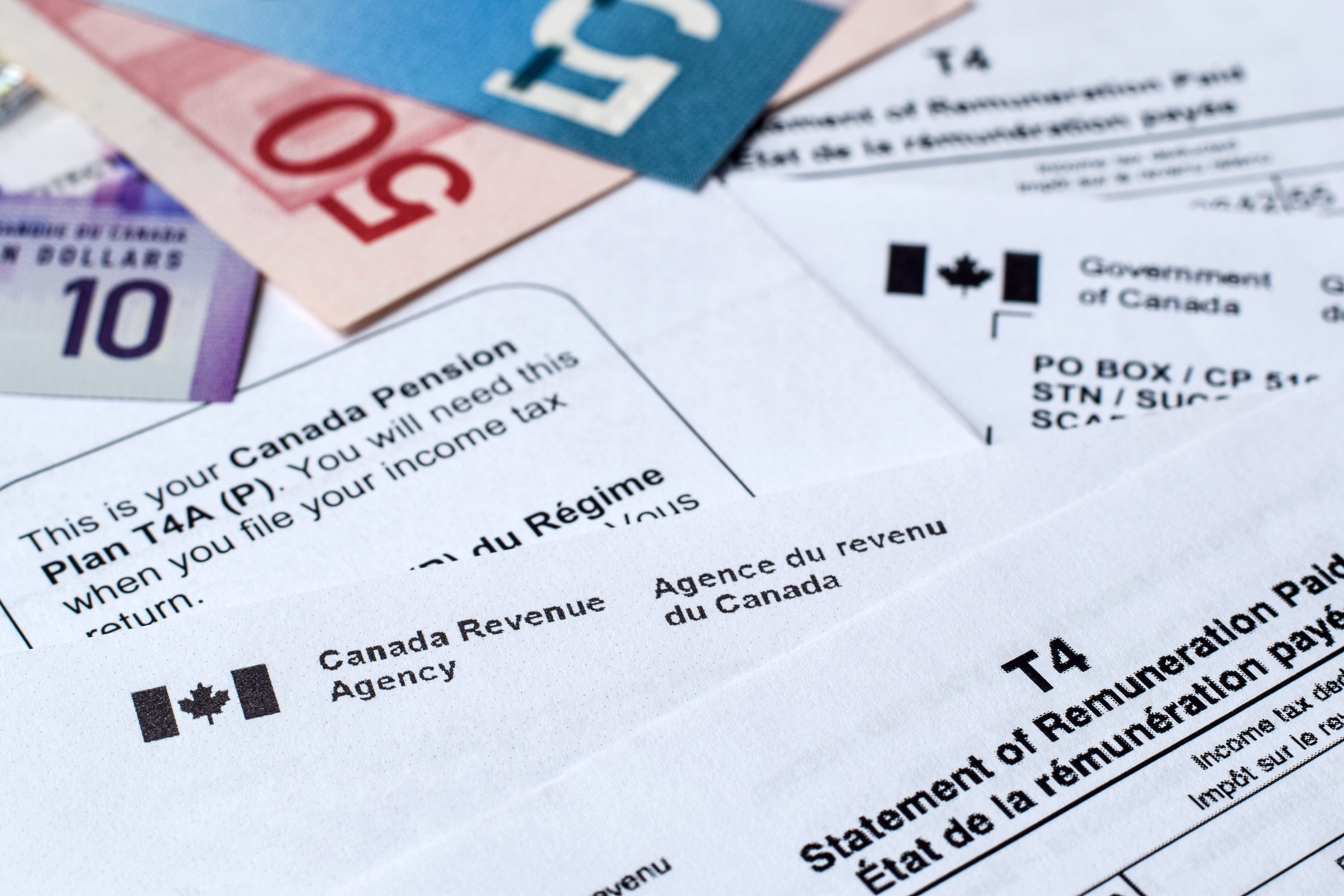Business Succession & Estate Planning
Estate Planning: How To Secure Your Digital Assets
August 29, 2024

When discussing estate planning, shares, property, jewelry, art, and cash come to mind. As we are in the digital age, we cannot overlook the value of our digital belongings. There are content creators and influencers who have monetized their digital platforms. Videos, photos, cryptocurrency and other virtual currency like rewards and cashback accumulated could add up to a significant amount.
Without clarity around handling such assets, your digital presence could be prone to hacking, falling into the wrong hands, or getting lost in the cloud. In this article, we will touch upon the aspects you need to know to get started with digital asset estate planning.
What Are Digital Assets?
As the world gets more integrated online, almost everything we do, from shopping to tax filing and accounting to creating music, art, and books, happens online. The role of digital will only get bigger as we enter the world of artificial intelligence. Hence, defining your digital assets and inventory those that matter, along with their passwords and codes is essential.
Digital assets can be defined under two heads:
- Those with sentimental value: Photos in Google Drive, family video recordings, social media accounts like Facebook, Twitter, LinkedIn, and email.
- Those with financial value: Bitcoin, loyalty points, social media accounts if you are an influencer, PayPal and credit card accounts, any other virtual currency account with purchasing power, digital files and online design accounts for coders, writers, lyricists and others.
Digital assets are stored in digital accounts and hardware such as mobile devices, PCs, laptops, and hard drives.
Why Is It Important to Device a Plan for Digital Assets?
All these digital assets hold significant value in the digital world. You may not want them getting into the wrong hands. For example, all your professional connections are on LinkedIn, and you have built a robust online presence among them. Many people also become influencers through such media and get ad revenue.
Suppose your account gets hacked, and someone posts malicious content and robs your followers under your name. While alive, you can do damage control and restore your presence. But if such accounts are left unattended, they could be used for wrong things like fraud, scams and more. Hence, it is imperative to protect your online presence even after your demise.
Apart from social media, you might have invested in Bitcoin, NFT (non-fungible token), or any such digital asset or have created digital art or online book or music. They might not give immediate returns, and you might think they are worthless. However, there are instances where people who invested in Bitcoin in 2010 are millionaires today; some have forgotten their codes and lost access to their wallets. Never underestimate the power of digital assets. Make a note of every account and every investment you have. Maybe it might become a gold mine someday.
The law does not say anything about digital asset management after death. Hence, you must take the initiative and add your digital assets to estate planning.
How do You do Estate Planning for Digital Assets?
There are several ways to transfer estate, such as a Will and Trusts. While the estate planning process is the same, you must be careful about a few things. Every estate planning has a person who conducts the asset transfer process after the asset owner’s demise. A Will has an executor, a trust has a trustee, and both have power of attorney (POA) if the asset owner becomes incapable due to health issues.
The simplest form of estate planning is making a will, and involves the following steps:
Prepare a list of assets: Identify all your digital assets/accounts, mobile, flash drive, and computer and prepare an inventory with their location and passcode. With the two-factor authentication, it is essential to mention the passcode of your mobile as well.
Note: Do not mention your passcode and location of digital assets in the Will because when your executor goes to the probate office to get the legal rights to transfer your assets, your Will is open to anyone who wants to see it.
Appoint a digital executor: The executor will carry out the transfer of your digital assets. Ensure the executor/trustee/POA is digitally savvy. You should keep a list of passwords and codes with them and regularly update this list whenever you change passwords and add/delete an account.
Write the Instructions: In detail, write down what you wish to do with each of your digital assets, such as transfer, manage, or delete some accounts or download some files.
Communicate With Family: Making a Will is not enough. You must also tell your loved ones about it, discuss it, and ensure they know about the Will.
Seek Professional Advice: Bitcoin and royalty or other income from digital content are taxable, so you might want to discuss the transfer of assets with a professional tax consultant.
Contact DDL & Co. in St. Catharines to Help You with Estate Planning
Talk to a professional tax consultant to help you understand the tax implications of asset transfer and devise an estate plan to protect your assets from hefty tax bills. To learn more about how DDL & Co. in the Niagara Region can provide you with the best estate planning expertise, don’t hesitate to contact us online or call us at 905-680-8669.



